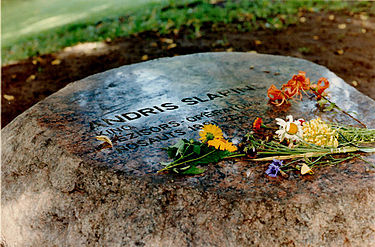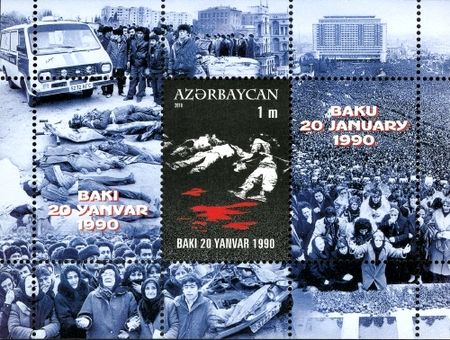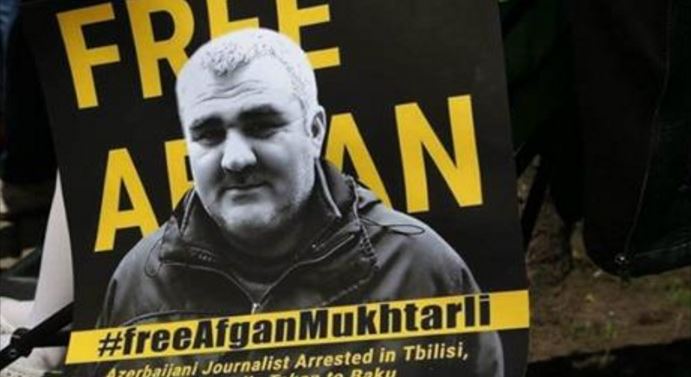Twenty-five years ago today, Soviet forces carried out an act of state terrorism in the Latvian capital of Riga, randomly firing into a crowd of demonstrators and killing five; and 26 years ago from yesterday and today, they carried out another such act in the Azerbaijani capital of Baku, killing more than 130 in an equally vicious and capricious way.
These two events, both then and now, were overshadowed by others, the first by the killings at the Vilnius television tower
a week earlier and the second by the Karabakh conflict and the emergence of popular fronts elsewhere in the USSR. But the events in Riga and Baku may have done more to hasten the end of the USSR than any of the others.

That is because unlike most of the others which could be explained as a defense of particular facilities or an effort to control demonstrations, these two events showed that the Soviet state rested on the arbitrary use of force alone – and because they did so, they stripped away from Moscow whatever remnants of legitimacy it still had at that point.
These two acts are commemorated every year in these two countries. (For memorial events held this year, see this article.)
They should be remembered by all people of good will everywhere as a reminder of what a truly horrific system the Soviet Union was even at the end and of what Mikhail Gorbachev, winner of the Nobel Peace Prize, did to his own population in his failed effort to keep himself and the CPSU in power.





